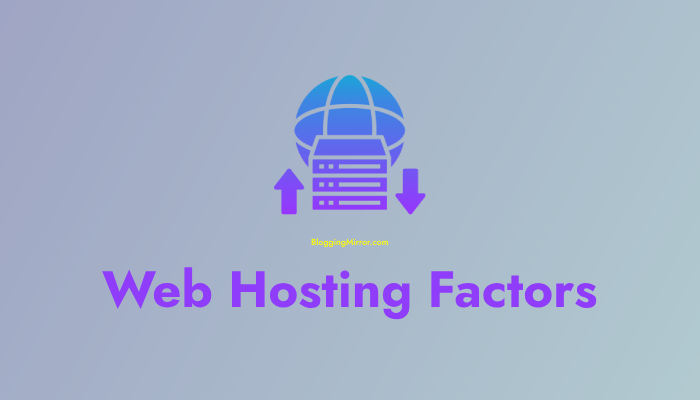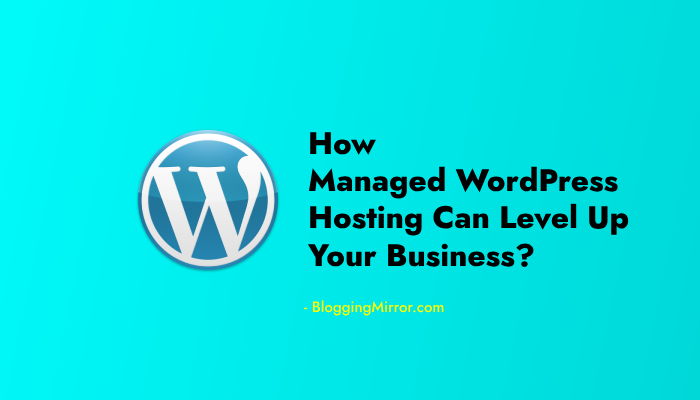
Affiliate disclosure: BloggingMirror's content is reader-supported. Some of the links in this article may be affiliate links, which can provide a small commission to me at no cost to you if you decide to purchase a paid plan. Any suggestions we make are always based on our deep research and experience.
In today’s digital-first world, your business website serves as the frontline of your brand. Whether you’re running an e-commerce store, a portfolio site, or a company blog, choosing the right web hosting provider can make or break your online presence.
A reliable hosting solution not only ensures your website stays live and fast but also affects your SEO, customer trust, and scalability.
👉 Recommended Hosting: #1 Try Hostinger Hosting + Free Domain
Here are the key factors to consider when choosing web hosting for your business:
1. Performance and Reliability
Uptime Guarantee: Look for providers that offer at least 99.9% uptime. Downtime can cost you potential customers and revenue, especially if your site is an e-commerce platform.
Server Speed: Fast-loading websites improve user experience and SEO rankings. Choose a host that uses solid-state drives (SSDs), content delivery networks (CDNs), and optimized server architecture.
2. Scalability
As your business grows, so will your website’s traffic and data requirements. Your hosting provider should offer scalable plans or resources that allow for seamless upgrades—whether it’s additional bandwidth, storage, or enhanced server capabilities.
3. Security Features
Security should be a top priority. Look for these features:
4. Customer Support
Round-the-clock customer support is crucial, especially if you’re not technically inclined.
Opt for a host that provides 24/7 support via multiple channels (live chat, phone, email) with a reputation for responsiveness and technical expertise.
5. Pricing and Value
Cheap isn’t always better. Consider the value you get for the price:
Compare features rather than choosing purely on cost.
6. Hosting Type
Different hosting types suit different business needs:
Assess your business needs and technical skills before selecting a hosting type.
7. Ease of Use and Control Panel
A user-friendly control panel (like cPanel or Plesk) simplifies tasks like managing domains, emails, and databases. Some providers also offer custom dashboards—check reviews to gauge their usability.
8. Reputation and Reviews
Look beyond the provider’s website. Read third-party reviews (like TrustPilot etc.), check forums, and ask other business owners about their experiences. Reliable hosting companies often have a strong reputation and transparent business practices.
Final Thoughts
Choosing the right web hosting is a strategic decision that affects your site’s functionality, performance, and security.
By carefully evaluating your needs against the factors above, you can find a hosting solution that grows with your business and supports your online goals.
Pro Tip: Start with a provider that offers a money-back guarantee or free trial so you can test their service risk-free.
👉 Recommended Hosting: #1 Try Hostinger Hosting + Free Domain
Have questions or want recommendations on specific hosting providers? Drop them in the comments below!

